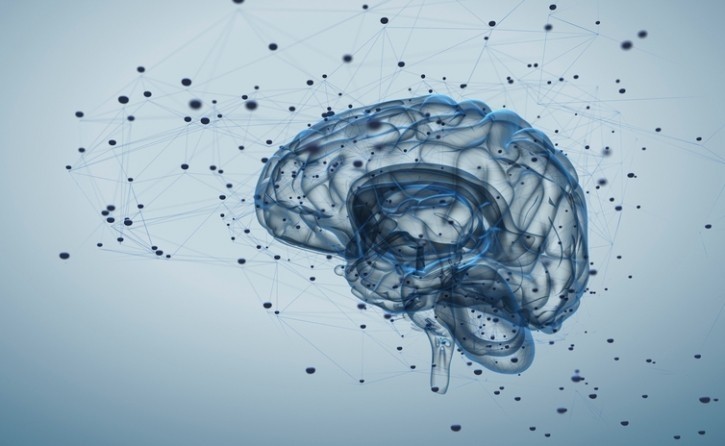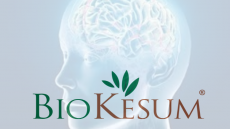Vitamin B1 and brain power: Increased dietary intake linked with better cognition in over 60s - cross-sectional study

The research utilized data from the National Health and Nutrition Examination Survey (NHANES) 2011-2014.
A total of 2422 participants were included in the analysis, with dietary vitamin B1 intake being determined by averaging two 24-hour dietary recalls.
Cognitive function was assessed using three cognitive function tests: the Digit Symbol Substitution Test (DSST) for processing speed, the Animal Fluency Test (AFT) for executive function, a Consortium to Establish a Registry for Alzheimer's disease (CERAD) subtest for memory.
A test-specific and a global cognition z score was also created.
Multivariate linear regression models were used to explore the association between vitamin B1 and cognitive function.
Their work found that vitamin B1 intake was positively associated with cognitive scores. Not only did those in the highest quartile groups exhibit higher cognition scores, as vitamin B1 intake increased across the groups, so did those for cognitive performance.
Covariate considerations
These associations remained statistically significant across all multivariate linear regression models, even after controlling for various covariates such as age, gender, race/ethnicity, poverty income ratio, marital status, education level, body mass index, smoking status, alcohol status, hypertension, and diabetes mellitus, cardiovascular disease history, and stroke
The researchers wrote: "Higher vitamin B1 intake was associated with higher DSST, AFT scores (P < 0.001) as well as the global cognition z score (P = 0.008).
"In the fully adjusted model, as compared to the lowest quartile (Q1), the highest quartile (Q4) of vitamin B1 intake was related to higher DSST score (β = 2.23, 95% CI 0.79 ~ 3.67) and global cognition z sore (β = 0.09, 95% CI 0.02 ~ 0.16).
"The association between dietary vitamin B1 intake and cognitive function scores in adults is linear. There was no detected significant statistical interaction between these variables."
Although the mechanism of association between vitamin B1 intake and cognitive decline is unclear, the researchers believe their findings are biologically plausible.
"Vitamin B1 is an essential nutrient required for optimal cellular functioning. It also was a coenzyme that is essential for the efficient metabolism of carbohydrates, proteins, and fats.
"Additionally, vitamin B1 plays a crucial part in various brain metabolic processes. By playing a role in oxidation and glucose metabolism, it has also been associated with neurodegenerative diseases," they wrote.
The researchers said additional randomized controlled studies were needed to confirm the findings, but concluded, "increased dietary intake of vitamin B1 was associated with better cognitive function in individuals aged over 60."
Source: Journal of Translational Medicine
'Association between dietary vitamin B1 intake and cognitive function among older adults: a cross-sectional study'
https://doi.org/10.1186%2Fs12967-024-04969-3
Authors: Huiqun Jia, et al



















